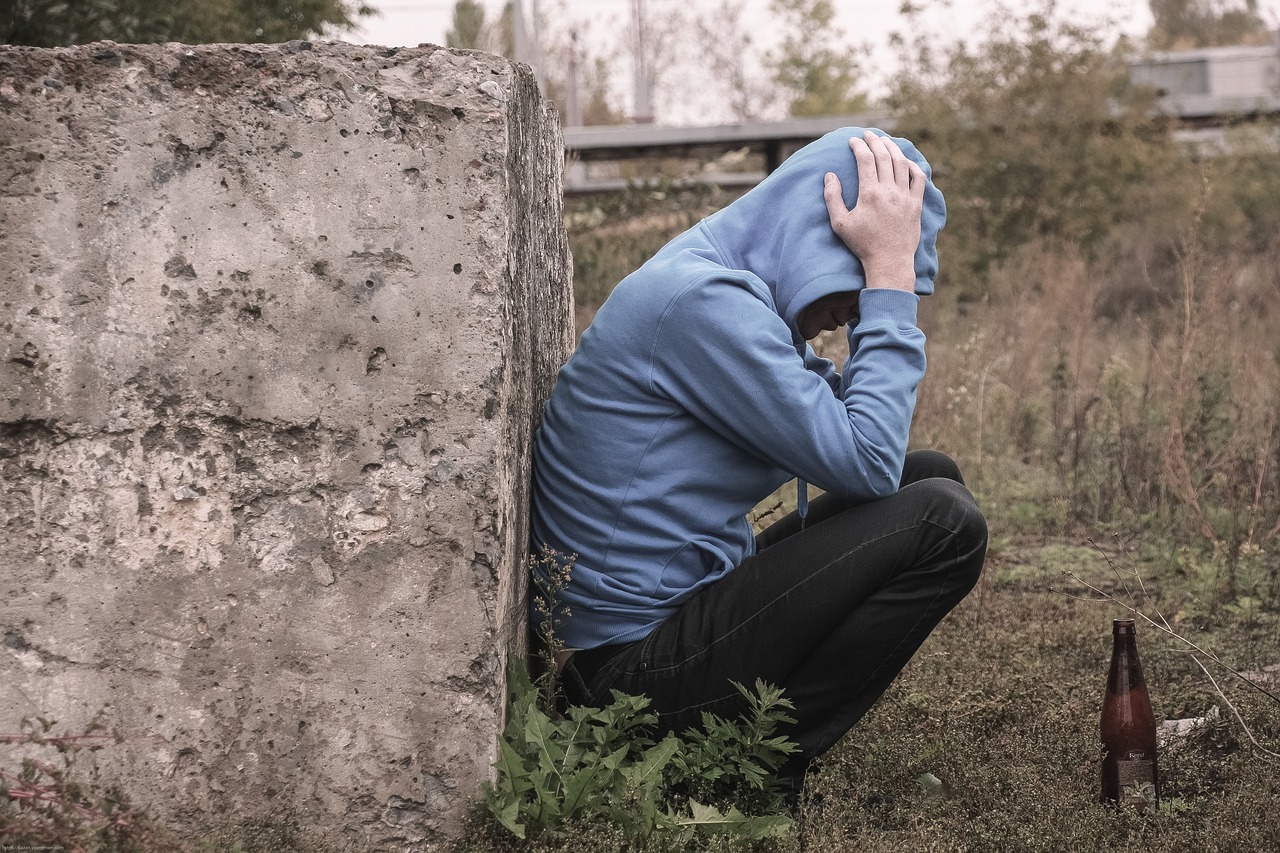Ezekiel 33: 7-9 (RM) or 7-11 (RCL); Psalm 95 (RM) or 119 (RCL); Romans 13: 8-10 (RM) or 8-14 (RCL); Matthew 18: 15-20.
If you have a family member, a friend or a close colleague at work who seems to be losing control of their lives due to alcohol use, there’s a procedure for doing an intervention to help them turn it around. An intervention is a planned, staged meeting involving the person her- or himself, and several friends and family members who take part, not as accusers, but as concerned supporters. The purpose is to convince the person with alcohol dependence that they have a serious problem that will lead to undesirable consequences, and to present viable solutions. Each participant in turn shares their concern about the person’s health and well-being based on concrete examples, and lays out clear consequences if the person’s behaviour continues, to show how serious the situation is. Treatment options might include medical referral, a structured recovery program, a focused support group, or any combination of these, to help the person face the realities of addiction and begin on the path to recovery.
Once long ago I found myself at the centre of a spontaneous intervention involving my boss. His family had stopped by the office to see him and discovered that for years he had been telling them he was one place when he was, well, someplace else. It was just the tip of the iceberg of his alcohol abuse and the damage it was causing to a number of people in his life. As a result, he voluntarily went into one of the better local detox programs, although, as for many, his progress toward recovery didn’t last. But the intervention itself was a graced moment because, without knowing what we were doing at the time, we did everything right.
And it’s not so different from Matthew’s, let’s call it Option Two in today’s Gospel. We’re saying “Matthew’s” because only a brief reference shows up in the key source for the sayings of Jesus, known as “Q.” What Matthew did in extrapolating an entire dispute resolution process is similar to several other sources for instructions on good order in the Christian community written in his time, such as Qumran (1QS 6.1) or chapters 7-12 of the Didache.
It’s not hard to imagine that the early church suffered from quarrels and fierce arguments that could split the community. They were, after all, undertaking a new type of religious commitment based on an unprecedented core teaching: the death and resurrection of Israel’s promised Messiah, now understood as the Saviour of the world.
So Matthew’s Step One involved one-on-one conversation to resolve a dispute or sort out a sharp difference of opinion. Step Two meant bringing in several participants to act as witnesses – the law-court language now comes front and centre – to establish the facts and try to come to a consensus about a resolution that everyone can live with. Step Three meant calling in the larger community, probably to take hard decisions about whether they could continue in the face of the situation. The hardest decision might involve expelling the troublesome member, as a last resort.
Notice the little compassionate undertone at the end, when Matthew’s Jesus instructs the community to treat the person like “a tax collector or sinner.” So what did the Jesus of the Gospels do with tax collectors? He recognized and called out to them by name. He conversed with them and actually listened to what they had to say. He befriended them. He invited himself over for dinner, for heaven’s sake. With some persuasion, he healed Gentiles and their sick family members just as he did his own people. He called them to a better way of life by establishing a compassionate personal relationship. As commentator Jennifer Vosters puts it,
“It’s a clever way to trip us disciples into loving people harder. … We are not called to give up on each other, or on ourselves, or on the very real and ever-present possibility of redemptive love.”
And there’s the shift: from law to theology, or more precisely, from law to love.
© Susan K. Roll
Susan Roll retired from the Faculty of Theology at Saint Paul University, Ottawa, in 2018, where she served as Director of the Sophia Research Centre. Her research and publications are centred in the fields of liturgy, sacraments, and feminist theology. She holds a Ph.D. from the Catholic University of Leuven (Louvain), Belgium, and has been involved with international academic societies in liturgy and theology, as well as university chaplaincy, Indigenous ministry and church reform projects.





For the first time it struck me how profound a shift the followers of Jesus had to navigate: “a new type of religious commitment based on an unprecedented core teaching: the death and resurrection of Israel’s promised Messiah, now understood as the Saviour of the world.” New life coming in the last place imaginable.